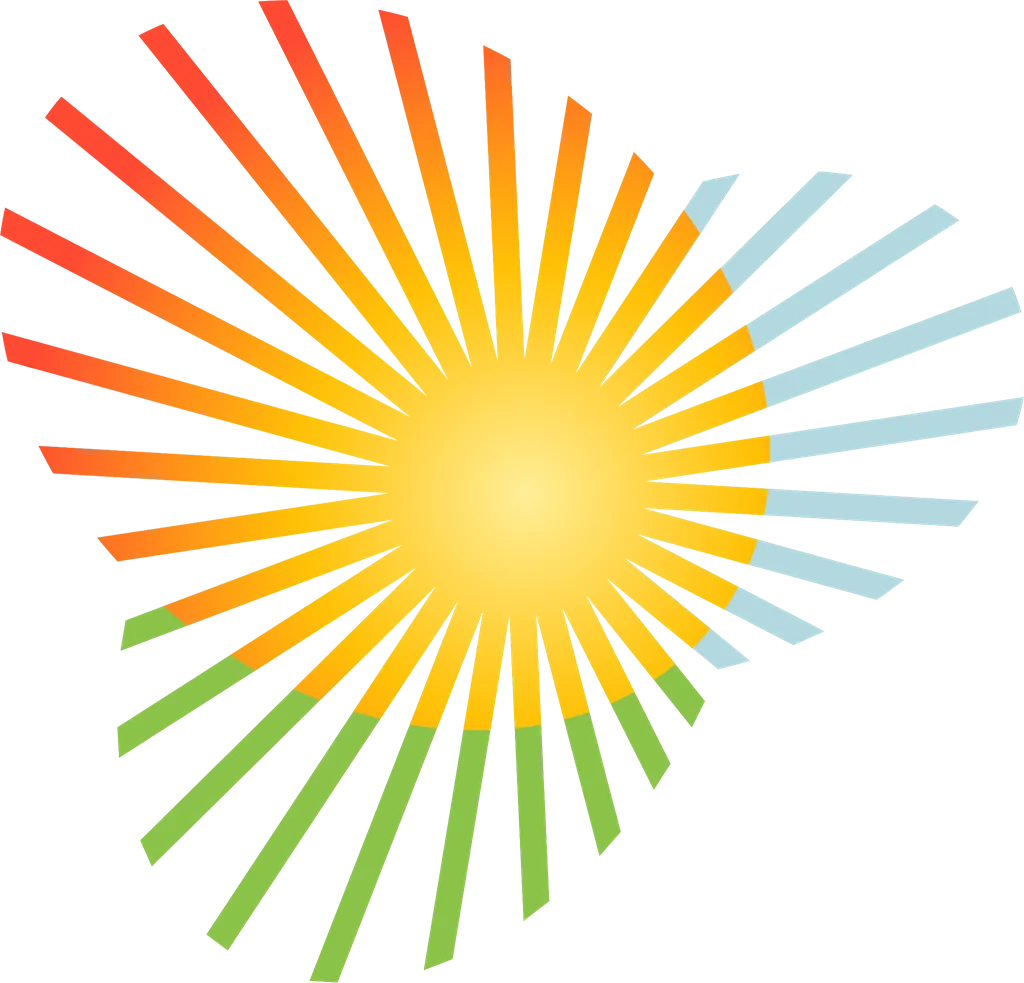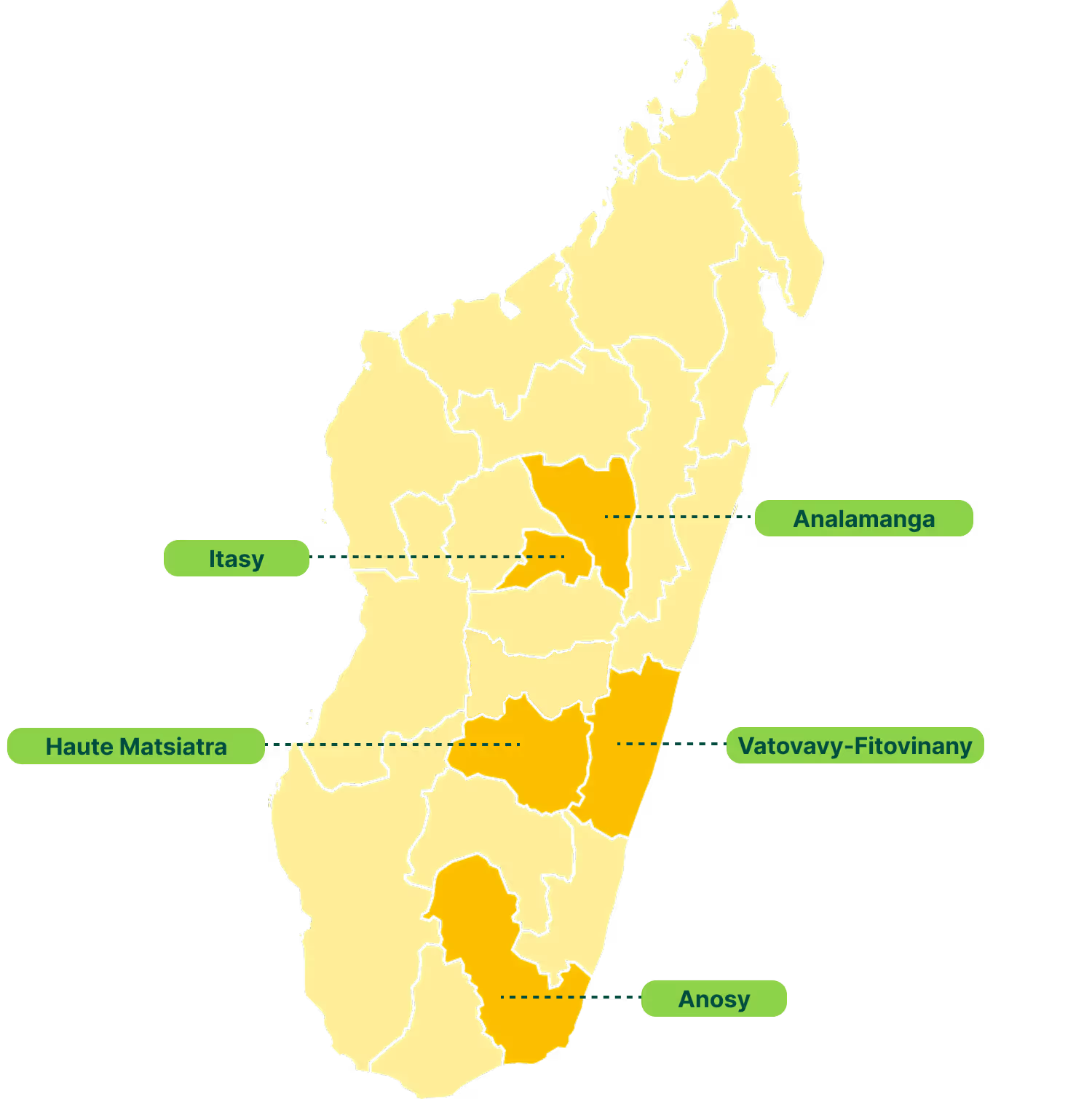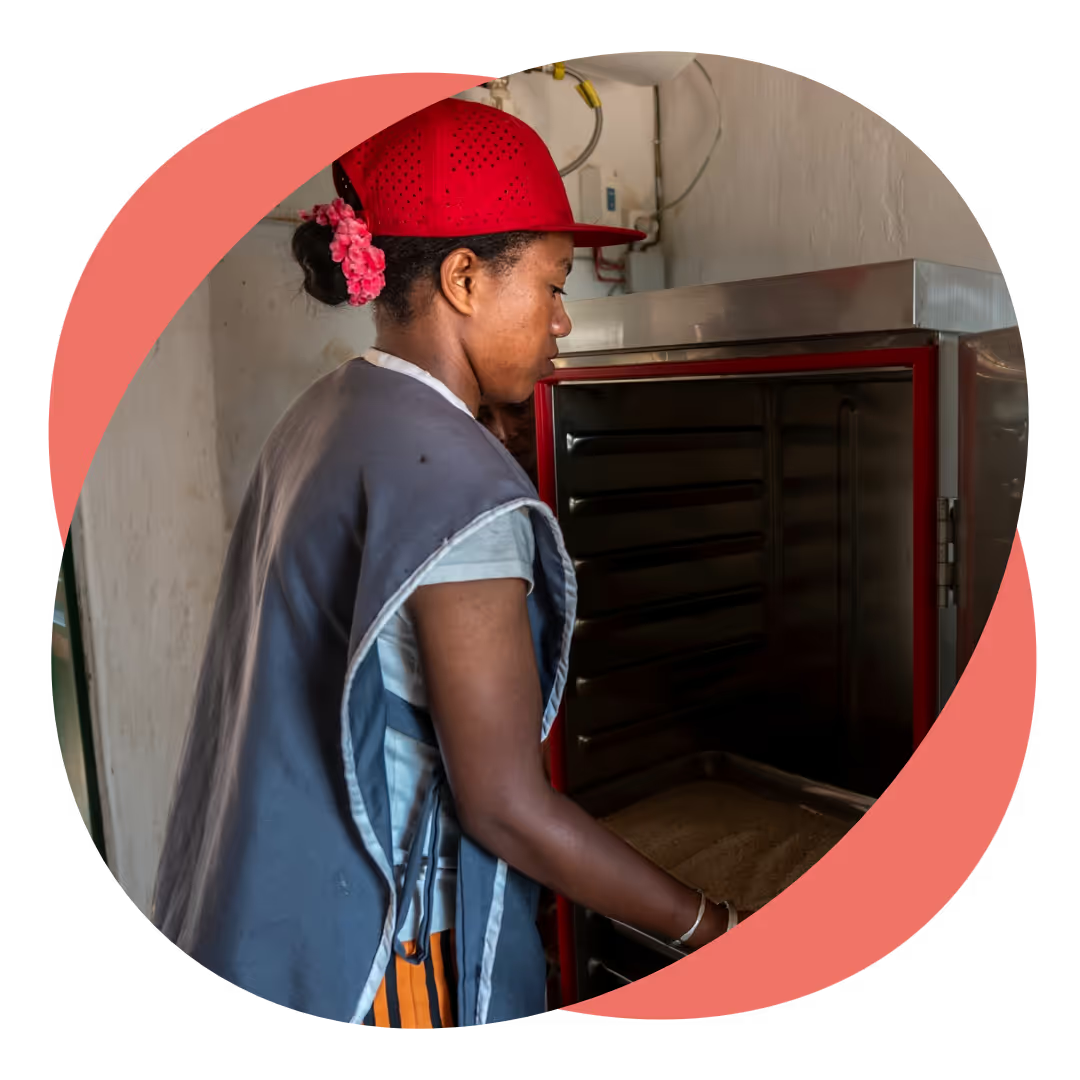
By making the power of renewable energy accessible to Madagascar's most underserved communities, Solar United Madagascar addresses immediate needs like education, health and livelihoods and contributes to long-term environmental resilience.
Learn More About Us
Light Libraries are designed to help rural communities make the shift from burning toxic, dangerous and CO2 emitting, kerosene and candles to safe, clean, solar light and power, literally over night. They represent a first step towards a safer world, enabling people to light and access power in their homes and schools, using solar energy.
Learn More.avif)
.avif)
We partner with public schools to enhance the quality of education through tailored digital tools for both teachers and students. Digital learning tools foster deeper student engagement, strengthen literacy and numeracy skills, and empower teachers with high-quality professional development resources.
Learn MoreWe work with communities and schools to provide clean alternatives to firewood and charcoal for cooking school meals. By reducing dependence on biomass, our programme contributes to cutting down harmful emissions, preventing forest degradation, and preserving biodiversity in a country where 75% of the forest has already been lost.
Learn More


Solar United Madagascar is a unique partnership of grass-roots NGOs and solar technology experts combining over 100 years of experience and community connections to support a Madagascar where communities thrive and live sustainably – protected from the devastating impacts of climate change.
More About UsWant to know more about our Light Libraries, Digital Learning programmes, or how to get involved? Please get in touch to discuss how you can help power positive change.
Contact Us